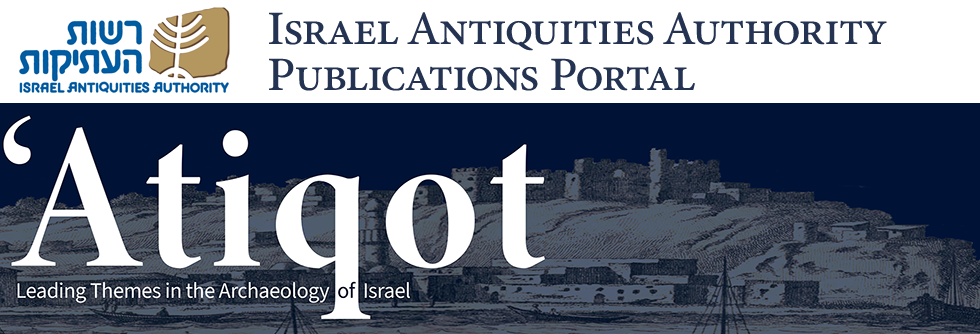Abstract
Founding narratives, rendered by historical sources and inscriptions, established the traditional ethnicity of Greco-Roman poleis and validated the early origins of their cultic practices. At Nysa-Scythopolis, this narrative was consolidated in the obscure name of the polis, bestowed at the time of its early Hellenistic founding. To better understand the city’s name and its traditional cults practiced in the various temples, historical sources and inscriptions from the site were studied, revealing the founding narrative related to the triad-legend of Dionysos, Nysa and Zeus and its cultic practice. Meaningful and significant, the founding narrative and its cult integrated gods and emperors into the imperial cult ideology. Various inscriptions honoring the emperor, two of them upon pedestals carrying statues, seem to indicate the possible visits of Hadrian, Marcus Aurelius and Septimius Severus to Nysa-Scythopolis.
Keywords
Dionysos, Nysa, Zeus, Kore-Persephone, emperors, statues, inscriptions, temples, altars, cult, founding narrative
Recommended Citation
Mazor, Gabriel and Atrash, Walid
(2024)
"Nysa-Scythopolis: Founding Cults, Gods and Emperors,"
'Atiqot: Vol. 116, Article 7.
DOI: https://doi.org/10.70967/2948-040X.1128
Available at:
https://publications.iaa.org.il/atiqot/vol116/iss1/7
Included in
Agriculture Commons, Biblical Studies Commons, Christianity Commons, History of Art, Architecture, and Archaeology Commons, Islamic Studies Commons, Science and Technology Studies Commons, Urban Studies and Planning Commons

